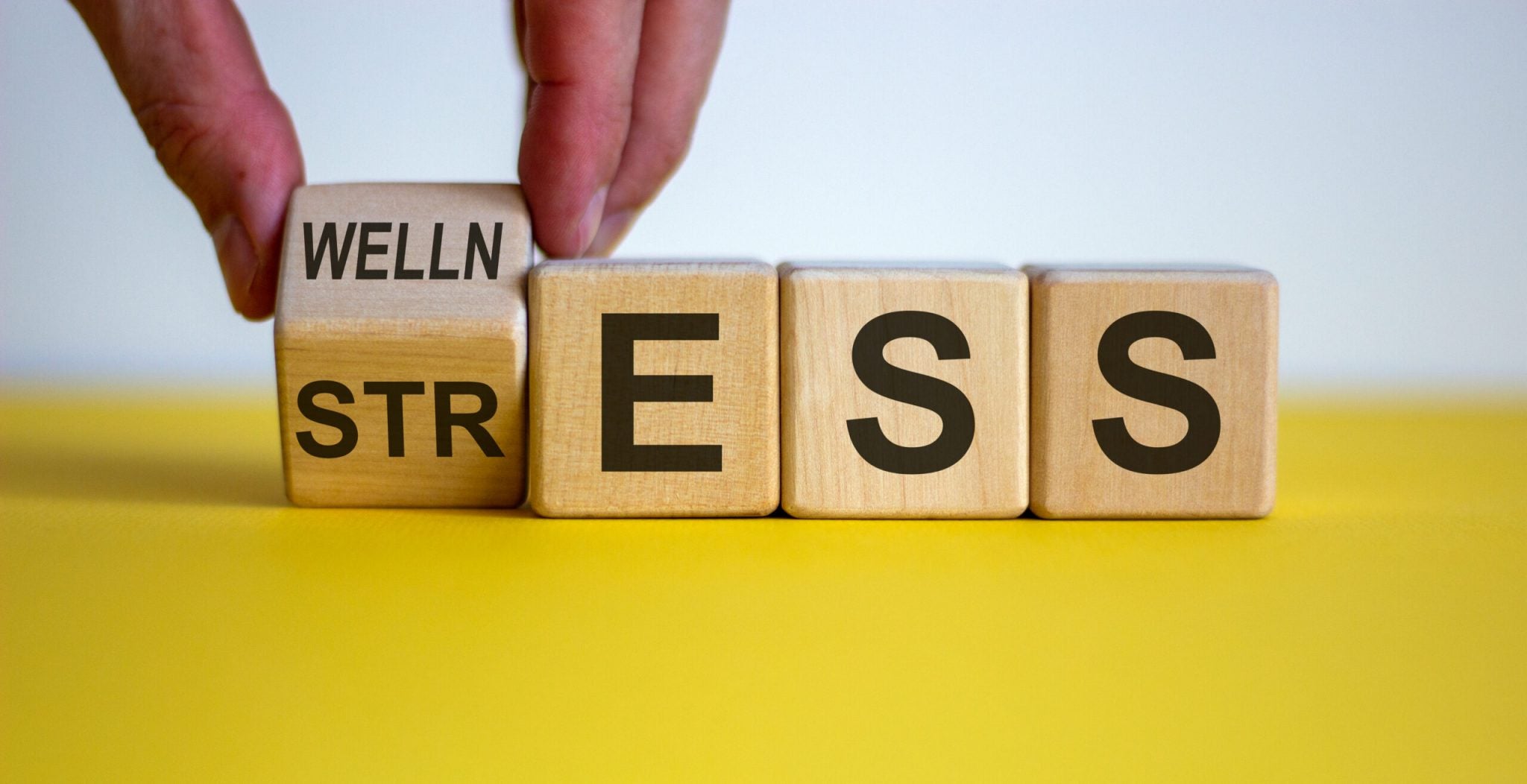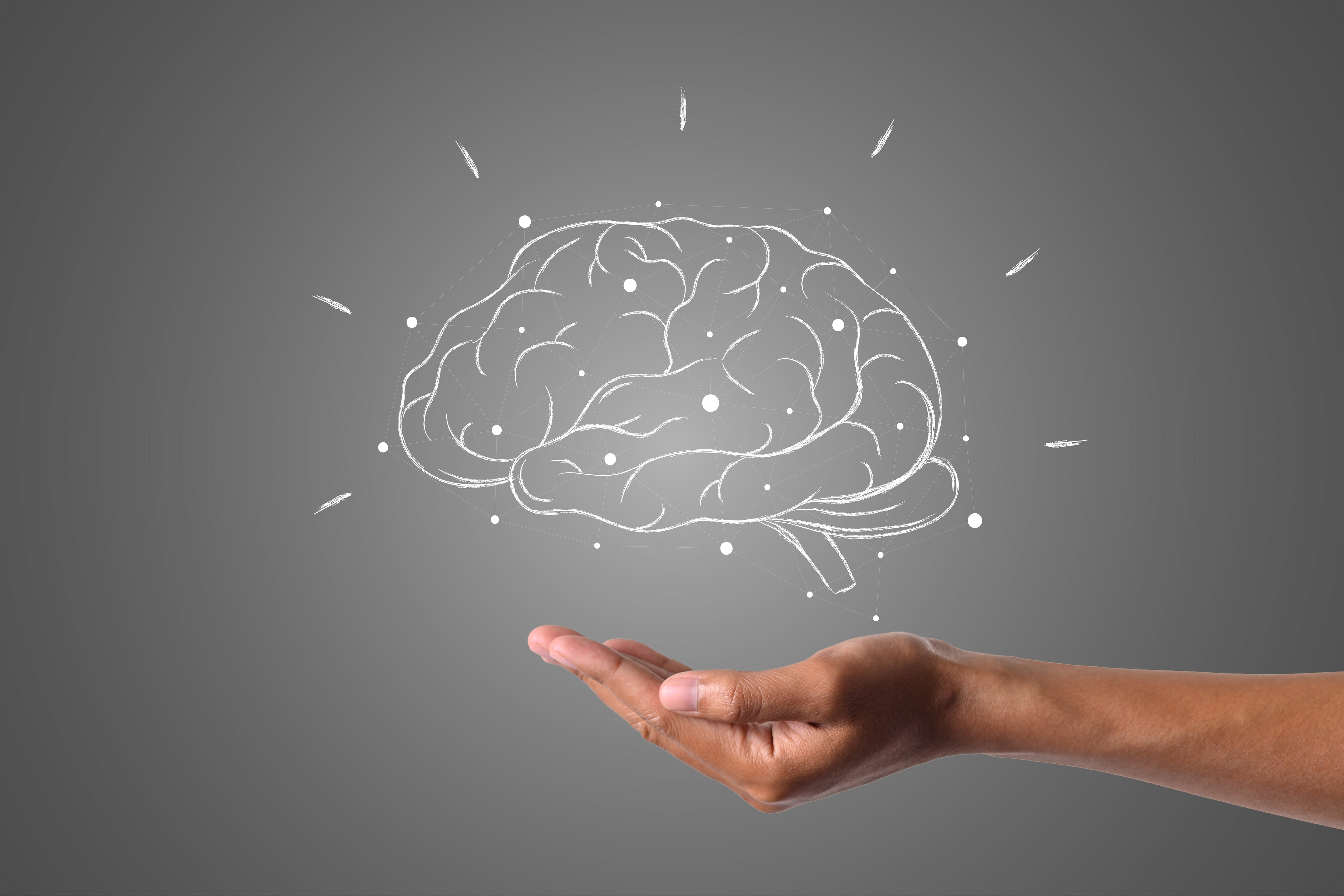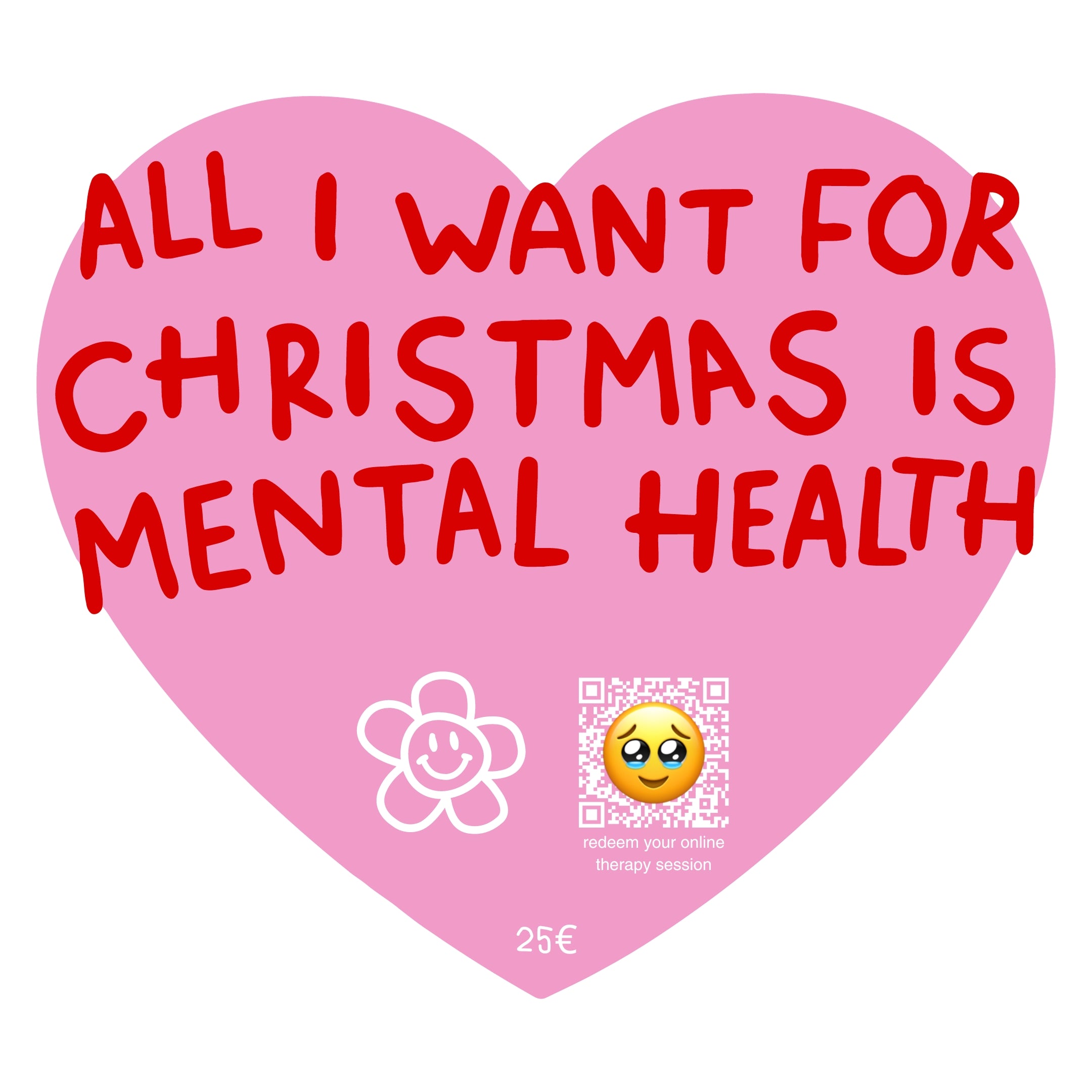Time. Past. Present. Future. This isn't a Portuguese lesson, nor are we discussing verb tenses. Rather, it's about a clinical condition, a feeling of stagnation in the present, turned towards the past and without a sense of future - depression.
At some point in life, everyone might ask themselves: Is it sadness or depression? Is it a desire to cry or depression? But who has never cried? Sadness is part of the human condition, but depression is not just accompanied by sadness – it is both quantitatively greater and qualitatively different. Depression is a loss of hope, a loss of the joy of living.
It's not something "in our heads," a lack of willpower, or a sign of weakness. It doesn't happen "only to others" and is not necessarily related to what one has or has built. That is, we've all heard someone say about someone else, "What more could a person want who has professional fulfillment, family, enviable appearance, and money?" In reality, there are many and varied factors that can make us feel depressed even when we believe we "should feel happy."
So, what is depression, really? Do the 300 million depressed people in the world suffer from the same thing, with the same cause?
Let's start by thinking about a broken leg. But what does a broken leg have in common with depression? Apparently, nothing. But it could be the starting point if we consider the loss of freedom. With a broken leg, the loss of freedom of movement translates, in depression, to a loss of freedom to think, along with thoughts focused only on the negative and a reduced ability to make decisions and take action.
Depression, from deprimere ‘press down’, it represents one of the leading causes of disability in the world, and of decreased energy and lack of enthusiasm. As a complex and multifaceted phenomenon (i.e., resulting from the interaction of biological, environmental, social, and psychological factors), depression also embodies multiple verb tenses - multiple meanings, significances, and experiences. It is a mood disorder with negative implications on how we think, feel, and behave, affecting our relationship with ourselves, others, and the world.

But the question remains: what are some of the symptoms of depression? What characterizes it?
Let's imagine a person who has difficulty eating or who eats but cannot taste the food. An adult who leaves home every day to work but constantly thinks to themselves, "What is the point of all this?" Think of someone who wants to get up in the morning but can't escape the urge to stay in bed, whether to sleep or to avoid suffering, fear, and the overwhelming feeling of despair and hopelessness.
Depression is also characterized by a loss of interest in hobbies and/or dissatisfaction with activities that used to bring pleasure. The Friday get-together with friends is no longer anticipated or enjoyed with enthusiasm. The inability to feel pleasure combines with the pessimism of a sense of inferiority and low self-esteem, and negative thoughts invade: "Because I'm a failure...", "Because it's my fault...", "Because I'm worthless, I can't do anything right...", "Because...".
But the question remains: what are some of the symptoms of depression? What characterizes it?
Let's imagine a person who has difficulty eating or who eats but can't taste the food, a person who tries to work or write a paper they have to submit, but all they do is think to themselves: "What's the point?". A person who tries to get out of bed in the morning, but can't escape its almost magnetic hold... Whether it's to stay awake, in a constant struggle to fall asleep - waiting for something. Or to sleep. To sleep. To sleep. Or rather to escape the suffering, the fear, the overwhelming sense of despair and hopelessness. Hobbies and activities no longer hold any interest or satisfaction. That Friday evening with friends is no longer felt with desire and enthusiasm. And the inability to feel pleasure and the will to live is combined with the pessimism of a person who feels inferior, who lacks self-love: "Because I'm a failure", "Because it's my fault", "Because I'm no good, I don't do anything well".
The story of this imaginary person (who may or may not resemble the story of some of us) gives rise to several symptoms that we should not ignore but rather consider in light of each person's individual history and life circumstances:
- Sadness, dejection, and a feeling of emptiness
- Loss of pleasure and interest in daily activities
- Appetite and sleep disturbances (insomnia/hypersomnia)
- Tiredness, fatigue, and decreased energy
- Difficulties in concentration, reasoning, and decision-making
- Feelings of worthlessness/failure
- Feelings of guilt and self-devaluation
- Isolation and relational difficulties
- Suicidal thoughts, plans, and/or attempts
People with depression exhibit many of these symptoms. Others may have only a few or several, depending on factors such as gender, age, developmental stage, and personality. For example, in teenagers, it can manifest as irritability, negative feelings of inferiority and worthlessness, decreased school performance, anger, and feelings of being misunderstood.
And what about when there are no “evident” and “typical” signs of depression? What if the person keeps smiling?
Imagine a clown who uses different masks daily – it's the perfect analogy for masked depression – the smiling depression. Atypical forms of depression lead to an inability to show what one feels because revealing it would mean “falling apart.” So life goes on, the person continues to work, to go out for coffee with friends on Fridays, where they seem to have fun. They keep pretending, both to themselves and others. After suppressing this pain, the body tends to react. Psychological pain and suffering become difficult to process and start to manifest as trouble sleeping, decreased work performance, and finally, the smile begins to fade.
The opposite can also happen, especially in children and teenagers, where agitation, hyperactivity, and other behavioral disturbances hide internal suffering.
But, faced with a lack of hope and enthusiasm, what can be done? How can we deal with depression?
Recognize that we need help and seek it. Acknowledging the suffering we are experiencing is not always easy. Asking for help can be seen as a sign of “weakness” or as being a “burden” to others. But it is not! It is common to “go on with life” because “we have to” and because, at first glance, “there’s no point in talking about it.” Sometimes, we need time to understand or someone to help us comprehend. When depression sets in, it tells us that something needs to change. This is the first step - seeking help! A psychologist can help us make sense of what we feel, think, and how we act. We can find this support at Ivory Therapy, which has several specialized professionals ready to help us overcome this situation.
Don’t isolate ourselves! Find ways to (re)connect with family and friends, as having the support of those we trust can help us feel better. Engaging in community and contributing to a network of people can enhance our sense of belonging and connection, bringing hope and meaning to life.

The difference between difficult and impossible. Dealing with depression can be a challenging and lengthy process. However, we can take small (yet significant) steps to gradually feel better. Adopting a healthy diet, engaging in physical activity (e.g., 30 minutes of walking a day), and dedicating time to leisure activities we enjoy (or used to enjoy), even if initially we don’t feel like it or it seems difficult. Essentially, self-care strategies can play an important role in managing depression symptoms and promoting psychological well-being and health. Difficult is not impossible!
In a world where the stigma around mental illness still exists, let’s not forget that no one chooses to be ill. Just like a broken leg, depression hurts too, but unlike a broken leg that is quickly seen on an X-ray, depression cannot be seen the same way and is often misunderstood. Let’s talk about it! Our health matters! Our life matters!
*Depression can contribute to experiencing intolerable mental pain, feeling like a burden to others, and lacking a sense of belonging, increasing the risk of suicide. If we or someone we know is in immediate danger or at risk of self-harm or suicide, it’s important to know that support is available, and there are people who can help. We deserve support, and we are not alone! In case of emergency, call 112 (INEM). In crisis situations, call 808 24 24 24 (Psychological Counseling Service of the SNS24 Hotline).

















